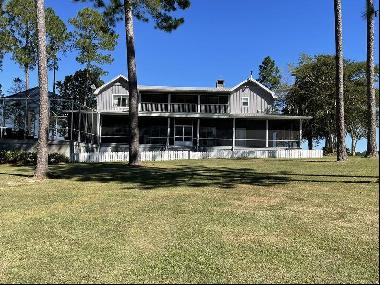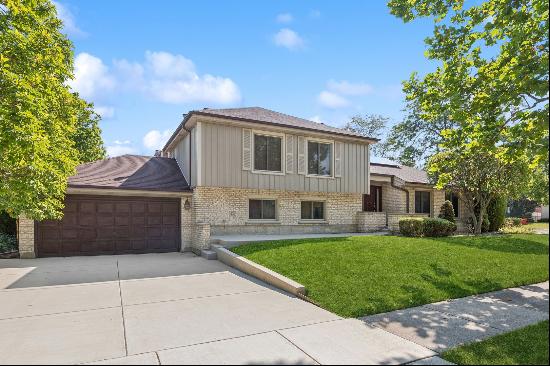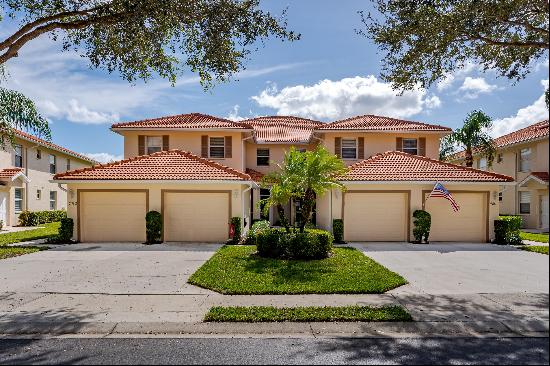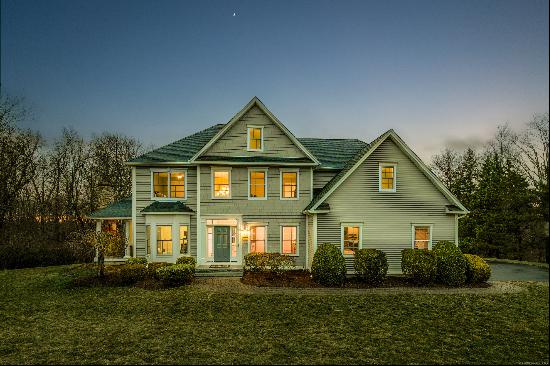
By Eloise Hendy
Ever since the launch of Amazon’s virtual assistant Alexa in 2014, smoothly subservient smart home devices have become an accepted part of domestic life. Preheat your oven on your journey home, let your fridge order food, program a robot to vacuum the living room — why not? And with a fully-integrated smart home, you won’t have to lift a finger — not even to flip a light switch.
But what if you’re still not all that keen on leaping headfirst into this frictionless future? In our information-saturated age, it isn’t surprising that some homeowners and buyers are swimming against the smart-home tide and choosing homes that are, well, dumb.
“There are elements of smart homes that some buyers find appealing,” says India Alexander, head of appraisals at estate agent The Modern House and its sister site Inigo, citing elements such as “convenience, control, efficiency”. But, she adds, “we absolutely have clients who prefer to live in houses that use more simple, traditional technology”. It may be that this lack of technology is “linked to simple pleasures — taking a long bath, lighting a fire, cooking a meal over a slow heat,” suggests Alexander. “People have busy lives, and a home is often a retreat from the technology that dominates life otherwise.”

This desire to retreat from technology connects to wider trends for digital detoxes and digital wellbeing, which have been discernable for roughly the same amount of time as smart devices have been on the market. At a 2018 Google conference, for instance, chief executive Sundar Pichai discussed the advantages of the company’s new virtual assistant, only to announce a focus on “digital wellbeing” in practically the next breath. This was linked, Pichai explained, to the concept of “Jomo: the joy of missing out” — a signal that even Silicon Valley’s tech-obsessed were beginning to recognise the benefits of logging off once in a while. Six years on, it doesn’t seem extreme to suggest that going offline is a new manifestation of luxury.
Rather than imagining dumb homes as old-fashioned, then, perhaps it makes sense to see them as domestic expressions of Jomo. “These kinds of homes can be both old and new,” says Alexander. “What unites them is a simple but thoughtful use of material, space and light to engender a pleasant space to be in.” In other words, they are design-led and human-focused, rather than governed by a proliferating number of apps.

“It’s funny because, looking at my own house, we do now have smart devices, but that’s more a part of the job than a choice,” says Leonie Tanczer, associate professor in international security and emerging technologies at University College London. “A lot of people — and my husband would be one of them — would choose not to have smart devices in the home.”
Paradoxically, given that smart devices promise convenience, one reason not to use them may be to avoid problems. As Tanczer says: “In the ideal circumstance, they work perfectly. But once they malfunction, or don’t operate the way you want them to, fixing it is perhaps far more complicated than old-fashioned, physical systems.”
For intentional aficionados of “dumb homes” however, security may be a bigger concern than complexity. Tanczer stresses that anything containing software comes with an inbuilt security risk. “If you have a device that isn’t connected to the internet, you need to be physically present to make changes to it,” she says. “If it is wifi or Bluetooth enabled, you don’t.” Essentially, if it’s smart, it’s also hackable.
Then there’s the issue of data collection. “Already we have insurance providers that want you to share your daily steps with them,” says Tanczer. It might all sound a bit Black Mirror, but you don’t have to worry about your fridge selling your health data if it’s just a cold, dumb lump of metal. And that’s before you even get to the question of integrated living environments where, as Tanczer puts it, “you get locked into a certain ecosystem”. If Google or Amazon go down, dumb homes certainly have an advantage over smart ones — at least you can still turn the lights on.
She highlights the enormous implications of having so many apparently mundane gadgets in our daily domestic lives. “Whether it’s a baby monitor, a doorbell, a security camera — one should think what the repercussions would be if that is not safe, not secure.”
After thinking it through, perhaps more people will come to the conclusion that dumb homes are the smart choice after all.
Photography: Katarzyna Bialasiewicz/Alenkasm/Balloon111/Dreamstime





















